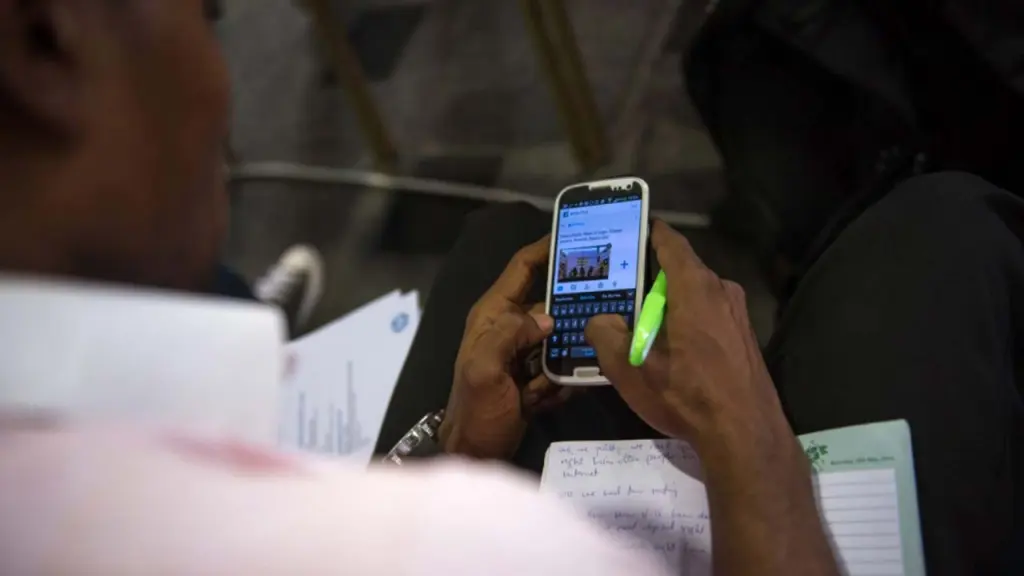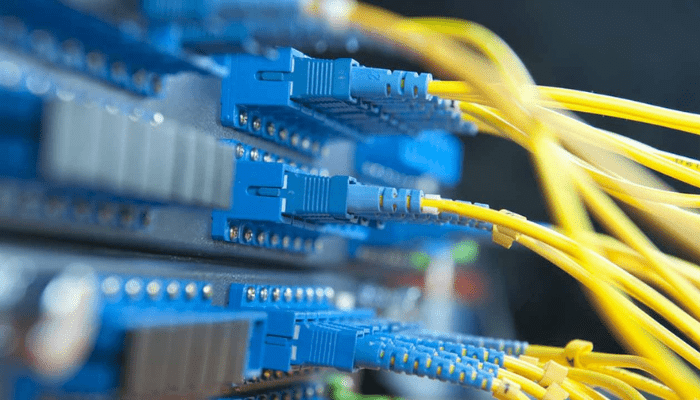In the corridors of global commerce, digital trade is no longer optional — it is fundamental. Yet Nigeria finds itself at a crossroads: despite strides in internet rollout, weak broadband infrastructure and regulatory gaps may stymie the country’s potential to ride the digital wave. The stakes are high — not only for tech firms and internet users, but for the broader economy and Nigeria’s place in regional trade.
A recent joint report by the World Trade Organization (WTO) and the World Bank, under the banner of the “Digital Trade for Africa” project, issues a clarion call: Nigeria must accelerate broadband deployment, improve regulation, and close the urban–rural connectivity gap — or risk being sidelined in the emerging era of digital trade.
Table of Contents

The Heart of the Challenge: Infrastructure, Inequality, Regulation
The WTO–World Bank analysis acknowledges that Nigeria has made progress in expanding digital infrastructure, especially in major cities. But the gains are uneven, and rural areas continue to lag far behind. Many communities still lack reliable fibre connections or last-mile solutions that can deliver viable service. Without those, large swathes of the population remain excluded from meaningful participation in digital markets.
According to the report, bridging the divide requires expanded fibre optic networks, better last-mile connectivity, and intensified competition among telecommunications service providers — all of which could bring down prices and boost service quality. But for all that is needed, Nigeria has yet to bind certain trade regimes to enable seamless digital commerce. For instance, unlike some nations, Nigeria has not fully liberalised trade in key services such as computer or postal operations; it has also not eliminated tariffs on information technology goods under the WTO’s Information Technology Agreement.
On the regulatory front, Nigeria has advanced some reforms — notably in data protection and cybersecurity frameworks — which the report describes as promising. Yet, gaps remain perilous. There is no clear national framework for cross-border data flows, ambiguity around e-signatures and electronic transaction laws, and insufficient consumer protection rules for online commerce. The absence of a balanced regulatory approach to platform liability raises questions of trust and accountability in digital markets.
In other words, infrastructure and policy are two sides of the same coin. Slip on either, and the entire digital economy effort is at risk.
Nigeria in a Comparative Lens: Promise and Peril
The study places Nigeria in conversation with five African peers — Benin, Côte d’Ivoire, Ghana, Kenya, and Rwanda — to spotlight both opportunities and pitfalls. While the report praises Nigeria’s ambition and institutional reforms, it notes that internet access remains highly uneven, especially between urban centres and rural communities.
One striking observation: although Nigeria trails Ghana in digital trade performance, it outpaces several other West African neighbours — evidence of its latent potential. The country’s services sector, particularly digitally delivered services, could yet become a pillar of growth. But the momentum is fragile.
Nigeria has taken on key international trade commitments: it has ratified the WTO Trade Facilitation Agreement and made General Agreement on Trade in Services (GATS) commitments, including in telecommunications. It is also a party to WTO efforts such as the Agreement on Electronic Commerce and the Investment Facilitation for Development pact, which aim to streamline cross-border digital trade. Vanguard News
Despite that, the report cautions that Nigeria “has not bound its trade regime for other key digital trade–enabling services” and “has not eliminated tariffs on information technology goods.” In short, the architecture is in place, but many pillars are still missing or weak.

Voices from Parliament: Urgency Meets Action
In Geneva during the WTO–Inter-Parliamentary Union (IPU) steering committee meeting, Nigeria’s Deputy Speaker of the House of Representatives, Hon. Benjamin Kalu, echoed the report’s urgency, positioning the legislature as a key engine for reform. He argued that Nigeria cannot afford to lag while the world races ahead. “Trade is no longer what it used to be,” he said. “The marketplace has gone digital.”
Kalu emphasised that parliament must do more than pass legislation — it must drive public understanding of the value of digital trade, ensuring ordinary Nigerians connect their livelihood to digital platforms. He warned that rural sellers, for instance, may not yet perceive the benefit of digital commerce — but that such awareness is critical for adoption.
He also suggested the creation of a legislative toolkit for all African parliaments to monitor digital trade progress and harmonise approaches under the African Continental Free Trade Area (AfCFTA). Stronger oversight, he argued, must ensure not just law-making, but implementation — because “delay risks leaving us behind.”
What Nigeria Must Do — and What’s at Stake
If Nigeria fails to act decisively, it risks being relegated to digital periphery status, ceding opportunities in sectors such as fintech, e-commerce, digital services export, and cross-border platforms. The country’s “digital goldmine,” as the report puts it, could remain untapped.
Here is a roadmap based on the report’s recommendations:
1. Accelerate broadband infrastructure deployment
More fibre lines, denser backbone routes, and reliable last-mile connectivity are nonnegotiable. Bridging the urban-rural divide must be a national priority.
2. Enhance competition and reduce cost
Regulation must encourage more entrants and lower entry barriers for service providers to spur downward pressure on consumer pricing.
3. Reform trade regulations
Nigeria should bind trade regimes for services like computer, postal, and distribution sectors, plus eliminate tariffs on IT goods under WTO agreements.
4. Clarify data governance
A definitive legal framework is needed for cross-border data flows, data storage policies, and data sovereignty to build trust among businesses and consumers.
5. Modernise e-commerce laws
Electronic transactions, digital signatures, consumer protection and platform liability must be clearly regulated to foster trust and legal certainty.
6. Engage citizens and stakeholders
Going digital is not just a top-down policy — public education, stakeholder participation, and legislature-driven advocacy are essential.

For Nigeria, thriving in digital trade is not a speculative ambition; it is a practical necessity. The world is already configuring global supply chains, markets, and services over fibre and cloud, and Nigeria must be a competitive player — not a passive follower.
If it succeeds, the benefits are vast: export expansion in digital services, inclusive economic participation in rural areas, job creation in tech and digital industries, and stronger integration with African and global markets. If it fails, the country remains locked in a dual economy — one modern, one underconnected; one prospering, one trapped.
Join Our Social Media Channels:
WhatsApp: NaijaEyes
Facebook: NaijaEyes
Twitter: NaijaEyes
Instagram: NaijaEyes
TikTok: NaijaEyes





